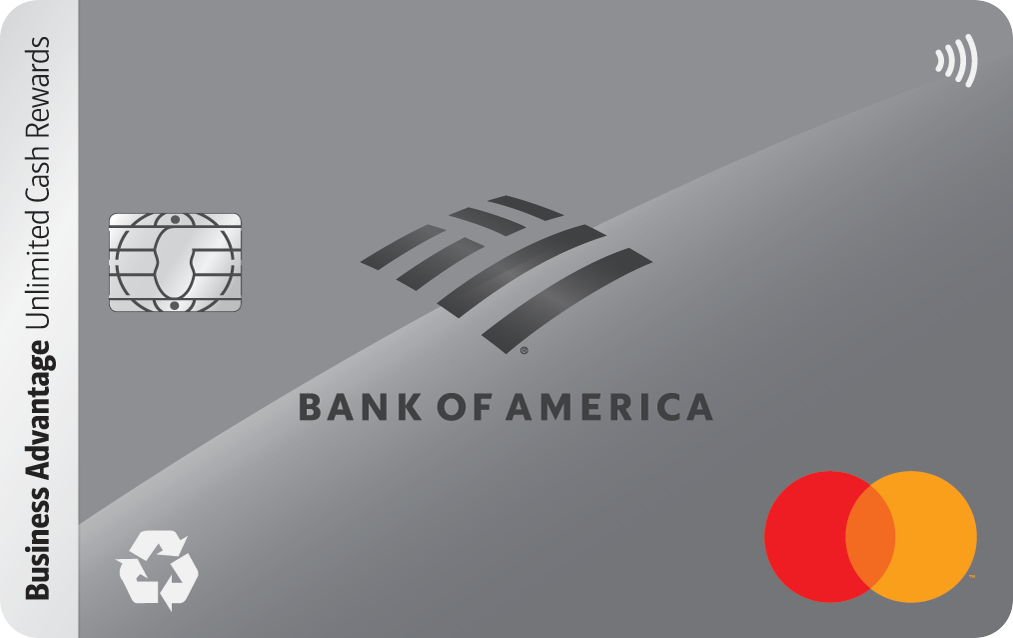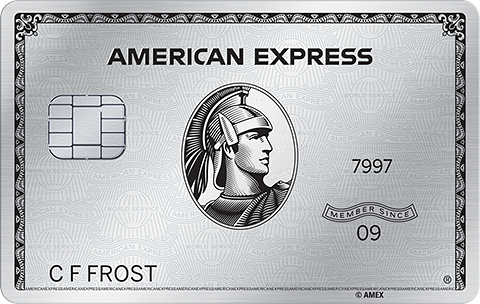I Haven't Put Money Into a CD Yet -- Here's Why That's About to Change
KEY POINTS
- CD rates are at their highest level in years and have been elevated for much of the past year.
- Despite the attractive idea of locking in an interest rate, I haven't put any of my own money into CDs.
- I'm planning on putting a significant amount of my savings into CDs by mid-2024.
CD yields are the highest they've been in years. These accounts can be a great way to take advantage of the high-interest-rate environment by locking in a certain interest rate for a period.
Despite higher rates for long-term savings, I haven't put any of my own money into CDs. But that's about to change. Here's why I'm planning to make a significant shift in where I keep my money soon.
Where CD yields stand now
As of April 2024, CD rates are the highest they've been in several years. The last time the average 1-year CD rate in the United States was at this level was more than 15 years ago.
You can get CDs from reputable financial institutions with yields that would have seemed absurd just a few years ago. Some of the most reputable banks on our radar offer 1-year CD rates of 5% or higher. You can also find 5-year CDs with interest rates over 4%, a high level of income to lock in for half a decade.
Why haven't I opened a CD yet?
So far, I haven't put any of my money into CDs for two big reasons. First, I'm an avid stock and ETF investor, and there have been some excellent opportunities to put money to work for the long term in recent years. And second, savings account interest rates have risen along with CDs so I really haven't been in a big rush to make a change.
To be sure, you can generally find a better interest rate from a 1-year CD than a high-yield savings account, but they're quite comparable. I personally use SoFi Checking and Savings (member FDIC) and get an annual percentage yield (APY) of up to 4.50% from my savings as of this writing. This is close enough to what I could get from a CD that I don't want to give up the financial flexibility of keeping money in savings.
Here's why I'm about to make a big change
The biggest problem with keeping money you won't need anytime soon in a savings account is that the interest rate isn't fixed for any specific period. Sure, I get up to 4.50% APY today, but the bank could literally reduce it tomorrow.
CD and savings account interest rates don't directly depend on benchmark interest rates like the federal funds rate (when you hear that the "Fed raised rates," this is what it refers to). But they do tend to move in the same direction.
The Federal Reserve is widely expected to start lowering rates later this year. Experts disagree about when the rate cuts might start and how rapidly they could happen, but there are virtually no major economists predicting that rates will be higher in a year from now.
In short, CD and savings account yields are likely to start trending downward when the Fed starts lowering rates. So, I'm planning to finally move some of my money from my savings account into a CD (or several) within the next couple of months.
I haven't quite decided what CD(s) I want to use. 1-year CDs generally have the highest rates right now, but I'd prefer to lock in a yield for a little longer. I may end up starting a CD ladder (it's a great time to do so), and I can add to it over time.
The bottom line
To be perfectly clear, there's no guarantee the Federal Reserve will start cutting rates in 2024. In fact, if inflation unexpectedly spikes, it's entirely possible the Fed will have to hold rates steady or even raise them further.
Having said that, the most likely trajectory of interest rates over the next year or two is downward. As a result, savings account and CD yields are likely to gravitate lower, so I'm planning to lock in a relatively high interest rate with my savings in the meantime.
Our Research Expert
SoFi disclosure:
² SoFi members who enroll in SoFi Plus with Direct Deposit or by paying the SoFi Plus Subscription Fee every 30 days or with $5,000 or more in Qualifying Deposits during the 30-Day Evaluation Period can earn 3.80% annual percentage yield (APY) on savings balances (including Vaults) and 0.50% APY on checking balances. There is no minimum Direct Deposit amount required to qualify for the stated interest rate. Members without either SoFi Plus or Qualifying Deposits, during the 30-Day Evaluation Period will earn 1.00% APY on savings balances (including Vaults) and 0.50% APY on checking balances. Only SoFi Plus members are eligible for other SoFi Plus benefits. Interest rates are variable and subject to change at any time. These rates are current as of 1/24/25. There is no minimum balance requirement. Additional information can be found at http://www.sofi.com/legal/banking-rate-sheet. See the SoFi Plus Terms and Conditions at https://www.sofi.com/terms-of-use/#plus.



